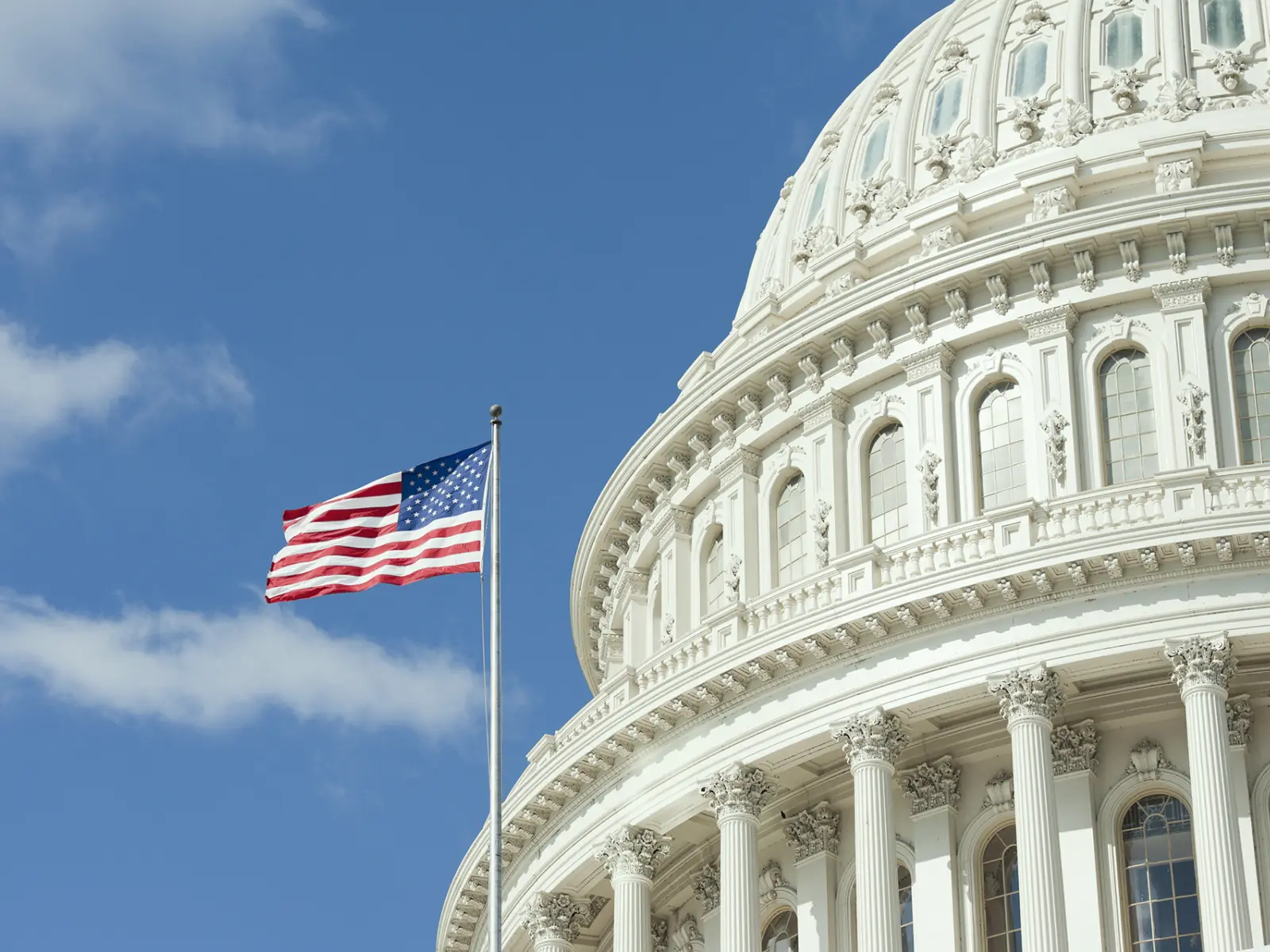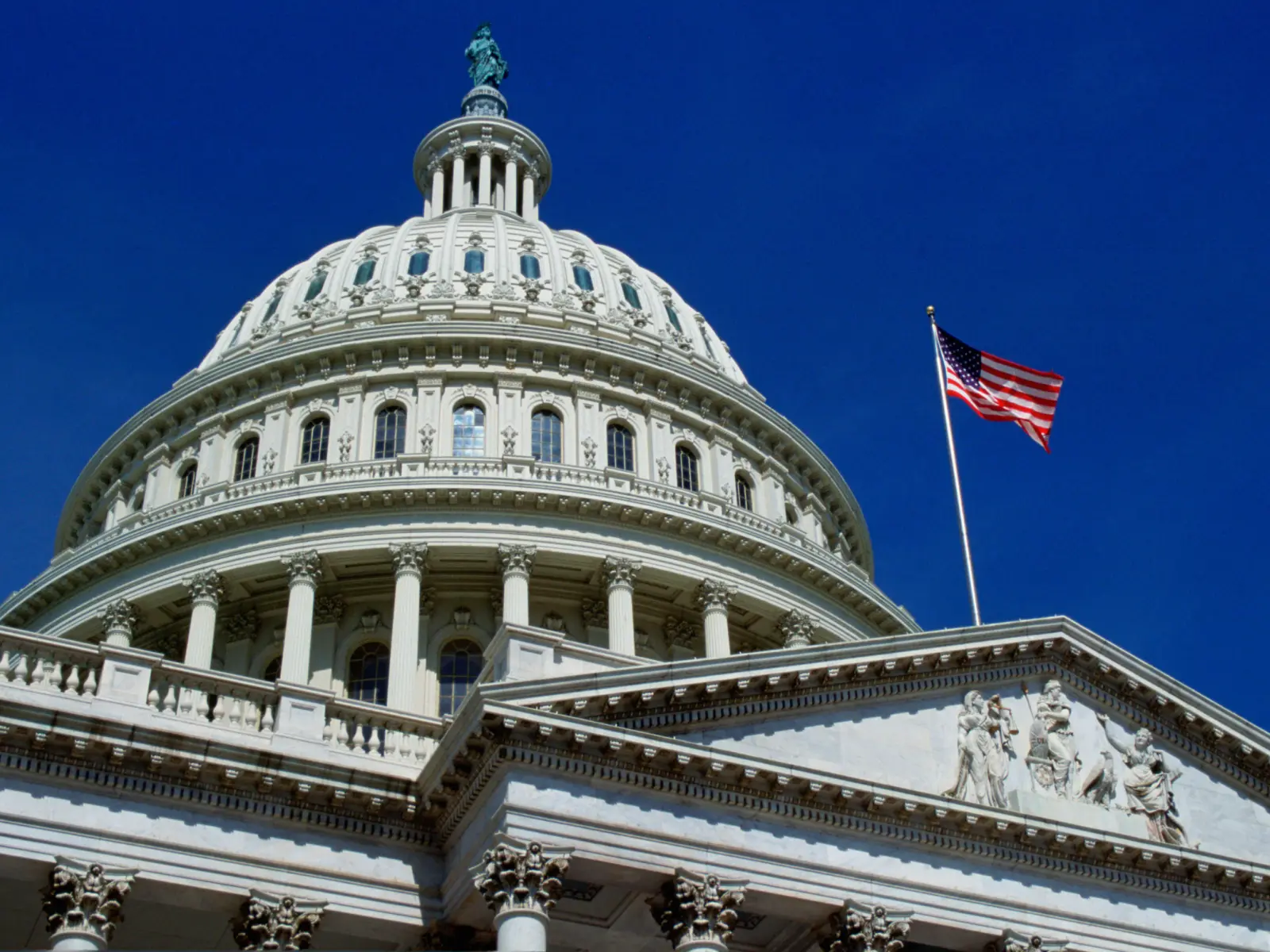As Congress is back in Washington and reconciliation bills are being introduced for markup, Washington is rightly focused on identifying inefficiencies, waste, fraud, and abuse across government. In health care, it’s clear that waste, fraud, and abuse must be tackled. But there is a deeper debate about how to achieve those savings. Much of the debate has been around Medicaid, which provides vital coverage to approximately 80 million Americans, including low-income families and individuals with disabilities. But Congress does not need to cut Medicaid coverage to lower federal health care spending. This approach presents a false choice.
Two specific, evidence-based reforms are ripe for implementation today: reducing overpayments to private insurers in Medicare Advantage and enacting site-neutral payment reforms.
We are deeply troubled to hear both promises to keep Medicare “off the table,” as well as the misleading rhetoric that any reforms are tantamount to “cutting benefits.” Medicare Advantage was intended to save Medicare money by harnessing the power of competition and care coordination, yet the program’s costs now far exceed those of traditional Medicare – amounting to more than $80 billion in overpayments annually and $13 billion in increased premiums for all Medicare beneficiaries.
Why is this happening? Because insurers have found ways to game the system, yielding higher payments and profits. In January 2024, it was reported that beneficiaries are often coded as having a diagnosis for which they never received treatment or were even aware of. The Department of Justice recently filed suit against UnitedHealth Group for their Medicare Advantage billing practices, and has similarly sued every major Medicare Advantage insurer for similar practices. Beyond instances of outright fraud, these misaligned incentives have led to widespread upcoding.
Meanwhile, large hospital systems continue to buy and consolidate physician practices, rebranding them as hospital outpatient facilities that charge two to three times more, even when patients are seeing the same doctor and receiving the same service as they did before the consolidation. For example, Medicare pays $255 for an epidural injection in a physician’s office, but the cost for the same injection increases to $740 when provided in a similar facility owned by a hospital. This massive payment differential incentivizes hospitals to acquire and consolidate physician practices, reducing competition and giving hospital systems tremendous market power to set unreasonably high prices. These prices, in turn, increase the cost of commercial health insurance, raise beneficiary premiums and copayments, and increase costs to the taxpayers.
Congress has been keenly aware of this issue for more than a decade and has repeatedly considered proposals to address it. Given the current focus on reducing waste and federal spending, it’s time for Congress to enact long-overdue site-neutral reforms, which could save more than $150 billion over 10 years for the Medicare program, and reduce beneficiary premiums and cost sharing by more than $90 billion.
It’s time for Congress to enact long-overdue site-neutral reforms, which could save more than $150 billion over 10 years for the Medicare program, and reduce beneficiary premiums and cost sharing by more than $90 billion.
The only real opposition to these commonsense reforms comes from insurance companies and large consolidated hospital systems. They continue to profit handsomely from inefficiencies in Medicare. They and their powerful lobbies have spent years finding loopholes to maximize their profits. Hospitals argue that upcharging for physician services is crucial to their survival, pointing to struggling rural hospitals. But this is a red herring. There are ways to support the important work of rural hospitals without leaving patients in those areas with higher costs that line the pockets large and profitable hospital systems in the rest of the country. One option with bipartisan support would repurpose a portion of the savings from reforms to aid struggling facilities.
On the Medicare Advantage side, large insurance companies warn that any changes to coding incentives will threaten enrollee choice and cause benefit loss. In reality, enrollment and choice continued to grow. The average beneficiary now has more than 40 plan options to choose from, and Medicare Advantage remains highly profitable for insurance companies.
Allowing inefficiencies and distorted incentives to persist has allowed hospitals and insurers to line their pockets at the expense of taxpayers and patients — demonstrating poor fiscal stewardship on the part of policymakers. We all want Medicare and the federal budget to be sustainable for future generations, but profiteering by entrenched health system interests is thwarting this possibility, increasing costs for everyone, and creating worse outcomes for patients. It is within Congress’s power to change this, and they must act now.


















